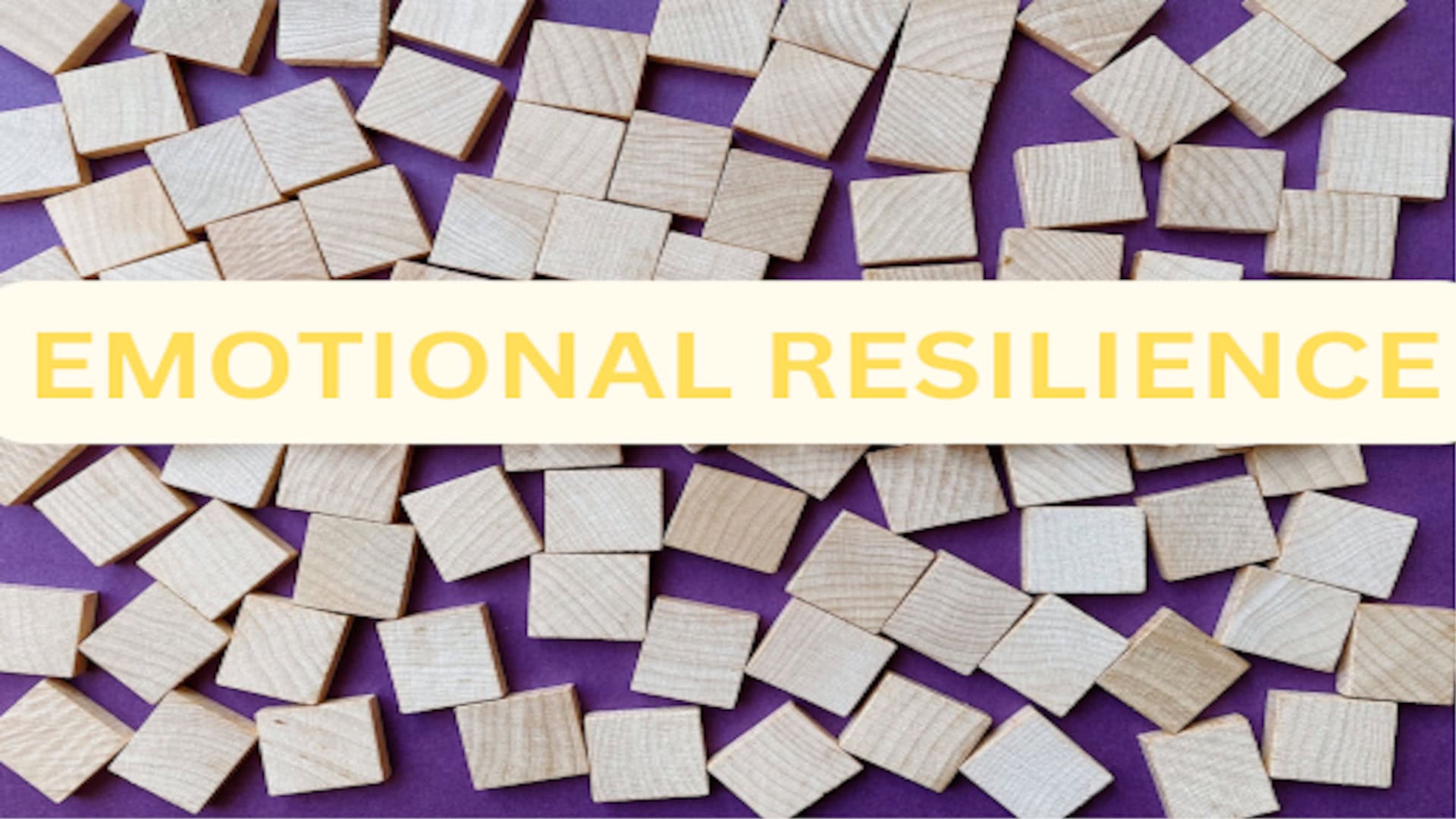In today’s fast-paced world, emotional resilience has become a crucial skill for navigating challenges, setbacks, and uncertainties. Whether it’s personal struggles, workplace stress, or global crises, staying emotionally strong allows us to adapt, recover, and thrive. Emotional resilience is not about suppressing emotions but about managing them in a way that supports mental well-being and long-term stability.
Table of Contents
Here are the key psychological strategies to build resilience and maintain emotional strength during difficult times, drawing from both practical experience and insights from renowned books like “The Resilience Factor” by Karen Reivich and “Option B” by Sheryl Sandberg.
What is Emotional Resilience?
Emotional resilience refers to our ability to cope with stress, adversity, and unexpected changes without being overwhelmed. It is a cognitive and emotional process that allows individuals to regulate their thoughts and behaviors in response to challenges. Neuroplasticity research has shown that the brain can adapt and rewire itself, meaning resilience is a skill that can be cultivated over time. The way we interpret and respond to difficulties significantly impacts our emotional and mental health.
1. Develop a Positive Mindset
The human brain has a natural negativity bias, meaning we are wired to focus more on potential threats than on positive experiences. Overcoming this requires conscious effort.
- Reframe negative thoughts: Shift your perspective from “This is impossible” to “This is a learning experience.” Cognitive restructuring helps rewire thought patterns toward optimism.
- Practice gratitude: Engaging in daily gratitude exercises has been shown to activate areas of the brain associated with positive emotions, reducing stress and improving mental well-being.
- Surround yourself with positivity: Engaging with supportive people, uplifting content, and affirmations can reinforce a positive mindset over time.
2. Strengthen Emotional Awareness
Understanding and regulating emotions effectively is key to resilience. Emotional intelligence plays a significant role in how we process and respond to stress.
- Identify emotions: Practicing mindfulness and self-reflection helps recognize emotional patterns and triggers.
- Practice emotional regulation: Techniques like deep breathing, progressive muscle relaxation, and guided visualization help maintain emotional balance.
- Respond, don’t react: Impulse control and emotional regulation enable more constructive responses to stressful situations rather than automatic reactions.
3. Cultivate Strong Support Systems
Social support is one of the most significant protective factors for emotional resilience. Studies in psychology suggest that strong interpersonal connections help regulate stress responses.
- Connect with loved ones: Social interactions activate brain regions linked to happiness and emotional stability.
- Seek professional help: Therapy and coaching provide structured guidance for navigating challenges.
- Join support groups: Engaging with others who share similar experiences fosters a sense of belonging and reduces emotional distress.
4. Develop Healthy Coping Mechanisms
How we cope with stress determines our long-term emotional resilience. Effective coping strategies build emotional endurance, while negative habits can exacerbate stress.
- Exercise regularly: Physical movement stimulates neurotransmitters that regulate mood and reduce anxiety.
- Engage in hobbies: Activities like painting, writing, or music serve as emotional outlets, promoting relaxation and creativity.
- Limit unhealthy habits: Avoid excessive alcohol, junk food, and screen time, which can contribute to mental fatigue.
5. Enhance Problem-Solving Skills
A solution-focused mindset is a key component of resilience. Psychological research shows that proactive problem-solving enhances confidence and reduces stress.
- Break problems into smaller steps: Large challenges can feel overwhelming, but breaking them down makes them more manageable.
- Stay adaptable: Flexibility in thinking allows for better adjustment to changing circumstances.
- Learn from failures: Viewing setbacks as opportunities for growth shifts the focus from self-blame to constructive learning.
6. Practice Mindfulness and Meditation
Mindfulness strengthens emotional resilience by training the brain to stay present and non-judgmental in the face of stress.
- Daily meditation: Just 10 minutes of mindfulness can reduce cortisol levels and improve emotional regulation.
- Focus on the present: Letting go of past regrets and future anxieties fosters clarity and balance.
- Use grounding techniques: Deep breathing, sensory awareness, and mindful observation help anchor emotions in stressful moments. Concepts from “The Miracle of Mindfulness” by Thich Nhat Hanh emphasize the importance of present-moment awareness in maintaining emotional balance.
7. Prioritize Self-Care and Well-being
The connection between physical and emotional health is undeniable. A well-balanced lifestyle is essential for sustaining resilience.
- Maintain a healthy diet: Nutrient-dense foods support brain function and emotional stability.
- Get enough sleep: Quality rest is crucial for emotional regulation and cognitive function.
- Set boundaries: Learning to say no and protecting personal time helps prevent burnout and emotional exhaustion.
Conclusion
Emotional resilience is not an inborn trait but a skill that can be developed through consistent effort and psychological awareness. By cultivating a positive mindset, building strong relationships, practicing mindfulness, and adopting healthy coping strategies, you can navigate challenges with strength and confidence. Psychological resilience is about training the mind to adapt, recover, and grow from adversity. Start implementing these techniques today to enhance your emotional well-being and mental fortitude.
If you need personalized coaching, book a consultation today!







0 Comments